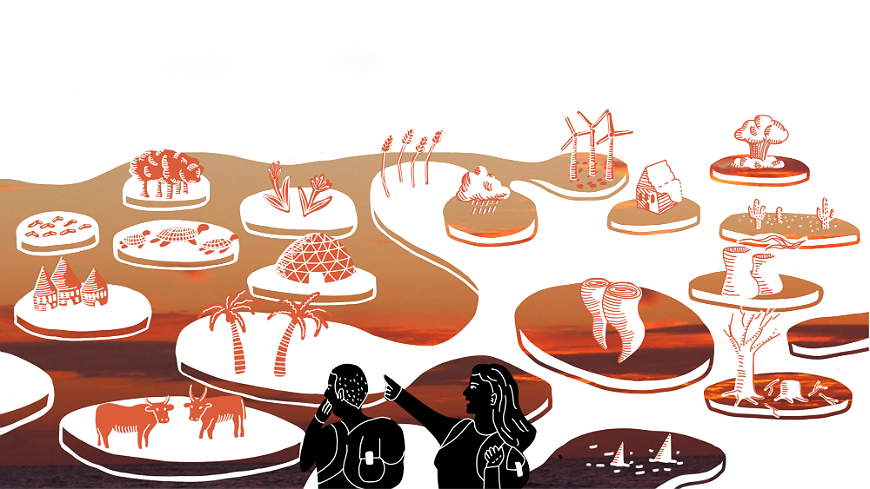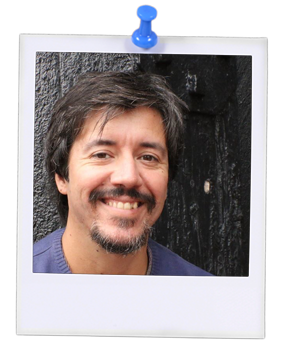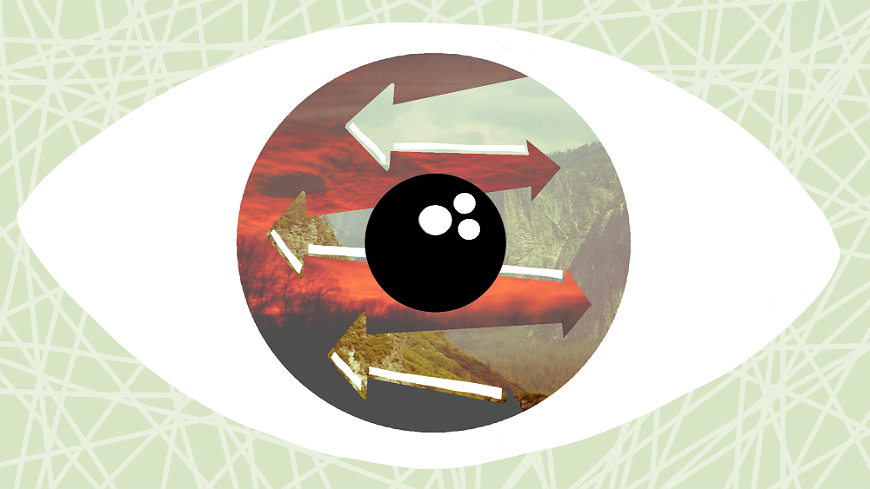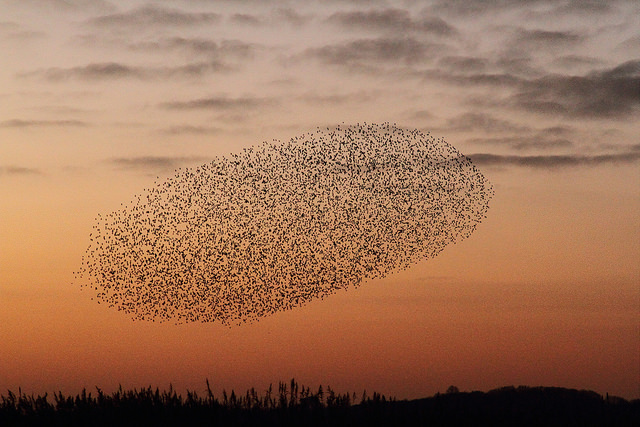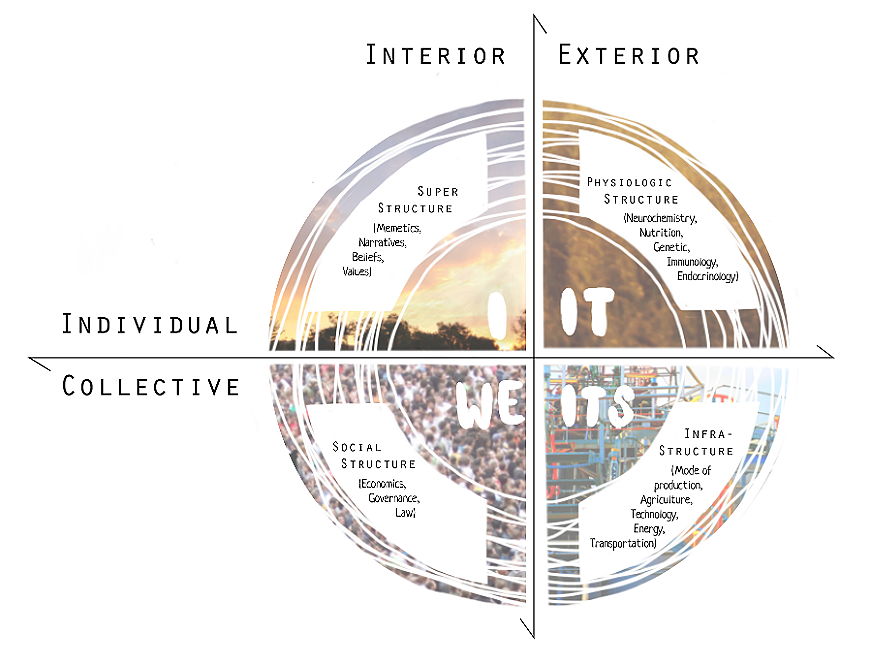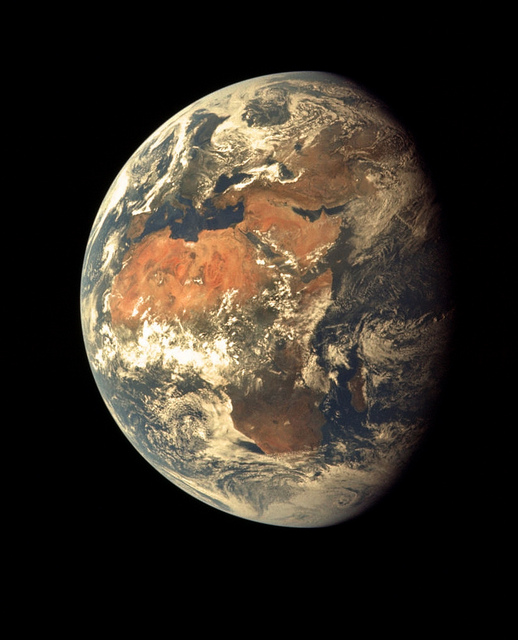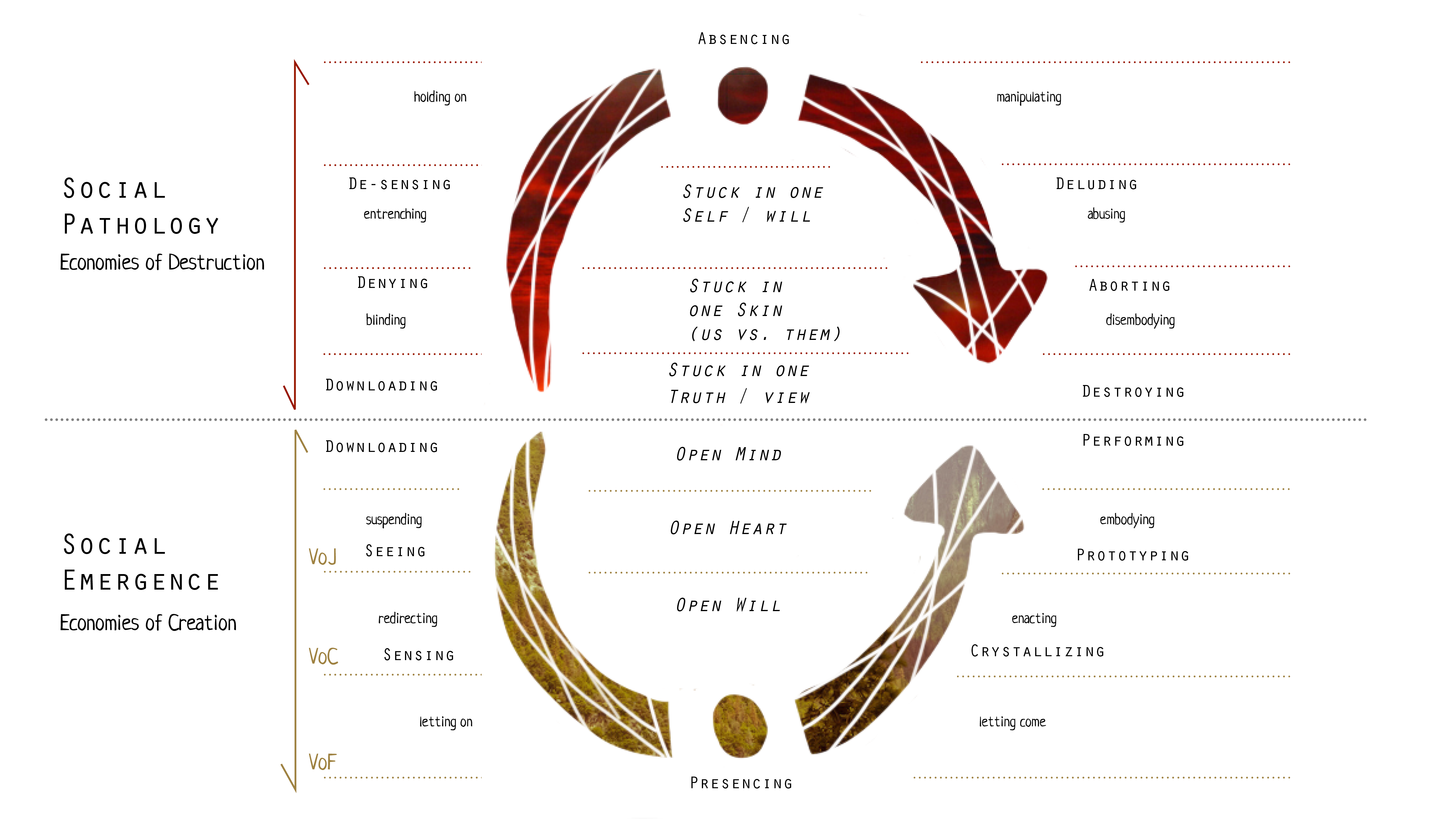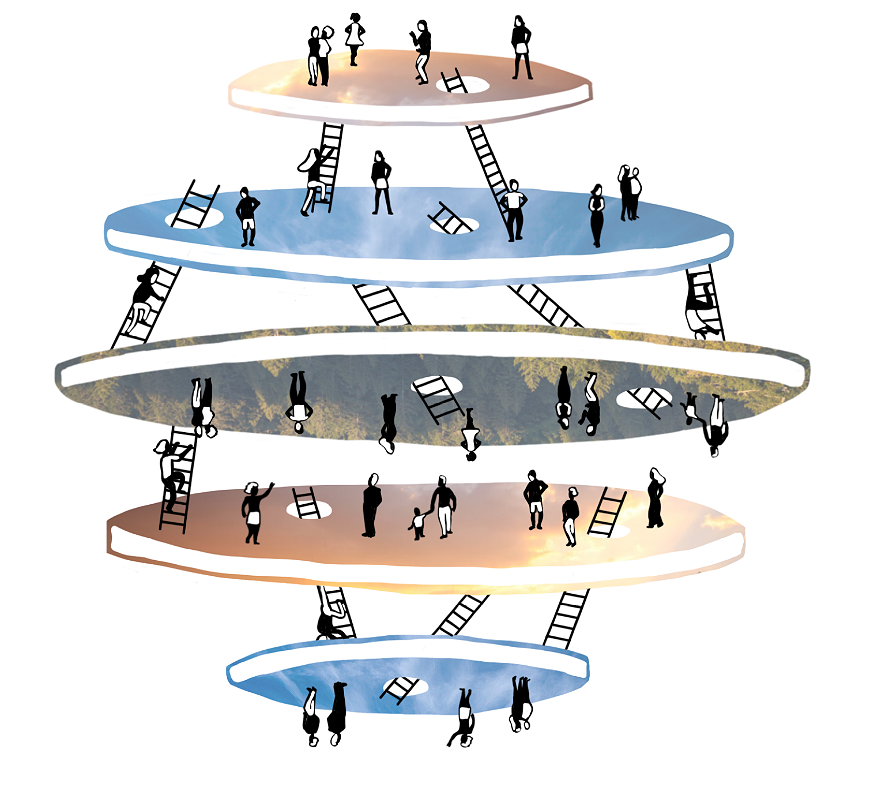1. Consider civilisation framework here as the set of axioms, assumptions, models, institutions, practices that we humans use to solve problems and meet our needs.
2. There is a proliferation of articles and research about this. As a starter, watch this talk: www.youtube.com/watch?v=UoHmEYZLqmk.
3. www.oxfam.org/en/pressroom/pressreleases/2017-01-16/just-8-men-own-same-wealth-half-world.
4. According to the 2016 Special Eurobarometer about the future of Europe.
5. Sensemaking is the process of creating situational awareness and understanding in situations of high complexity or uncertainty in order to make decisions. It is “a motivated, continuous effort to understand connections (which can be among people, places, and events) in order to anticipate their trajectories and act effectively” (Klein et al. 2006a).
6. Collecting data metrics from a complex system such as the biosphere and then analysing it is a daunting task. To start to familiarise with some of these you can consult the last United Nations Intergovernmental Panel on Climate Change report in 2014. Metrics are more important than ever as we face planetary boundaries.
7. This quote was taken from Charles’s book Sacred economics.
8. Although it usually refers to a city inhabited by people from many different countries, I refer to it here as the global village that is the world today. Check more about current discourse at: www.cosmopolisproject.org/what-is-a-cosmopolis/.
9. Habermas J. (1992), “Citizenship and national identity: some reflections on the future of Europe”, Praxis International 21, 1, 1-19.
10. Check the latest 2017 EU Citizenship Report.
11. The expression civil society is being used according to the following definition: “Society considered as a community of citizens linked by common interests and collective activity”, according to the English Oxford Living Dictionaries, available at https://en.oxforddictionaries.com/definition/civil_society.
12. Further reading on this – “Being the change” by Claudia Madrazo and Peter Senge, 2011.
13. Practices and projects for a win-win-win culture are those framed by three principles: personal development, community building and service to the earth.
14. Albert Einstein’s famous quote: “We can’t solve problems by using the same kind of thinking we used when we created them.” Another way to put it is to do the same thing over and over again, and expect a different result.
15. Fritjof Capra and Pier Luigi Luisi, “The systems view of life: a unifying vision”, 2014. You can watch a talk about this here: www.youtube.com/watch?v=wYHu7Vl-FLg.
16. To sense, tune in and act from one’s highest future potential – the future that depends on us to bring it into being. Presencing blends the words “presence” and “sensing” and works through “seeing from our deepest source”. Taken from the “Principles and glossary of presencing”.
17. https://en.wikipedia.org/wiki/Nonviolent_Communication.
18. Check out Scott Jeffrey’s guide, “How to meet and own your shadow”.
19. Scharmer O. (2016), “One Earth, two social fields”, The Huffington Post: www.huffingtonpost.com/entry/one-earth-two-social-fields_us_578e922de4b0f529aa0746fb.
20. www.huffingtonpost.com/entry/one-earth-two-social-fields_us_578e922de4b0f529aa0746fb.
21. Massachusetts Institute of Technology offers a free Massive Online Open Course to introduce Theory U on the EdX platform: https://courses.edx.org/courses/course-v1:MITx+15.671.0x+2T2016/course/.
22.African proverb.
23. Partly transcribed from: https://workthatreconnects.org/foundations-of-the-work/
24. Quote taken from Karen Barad’s book Meeting the universe halfway, 2007.
What kind of European citizenship approach can serve a potentially better future for Europe and the world?
Why does it matter?
How can youth work be a playground to experiment with a kind of European citizenship that can be of service to the more beautiful future our hearts know is possible?

